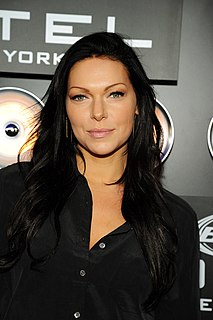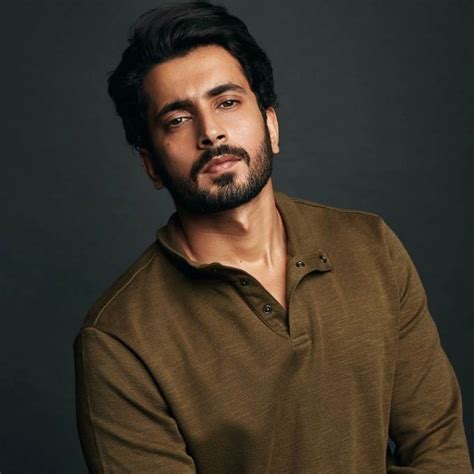A Quote by Naseeruddin Shah
It is always a pleasure to be directed by an actor because they know the scene from the actor's perspective, too. That's an advantage.
Related Quotes
It's hard to explain why exactly, but I think that when I began writing plays, it was from an actor's point of view more than anything. I had the feeling that if you put yourself in the position of the actor on stage and write from that perspective, it would give you a certain advantage in terms of being inside of the play.
My story about becoming an actor is a completely non-romantic one. I became an actor because my parents were actors, and it seemed like a very... I knew I was going to act all my life, but I didn't know that I was going to be a professional actor. I thought I was just going to work as an actor every now and then.



































